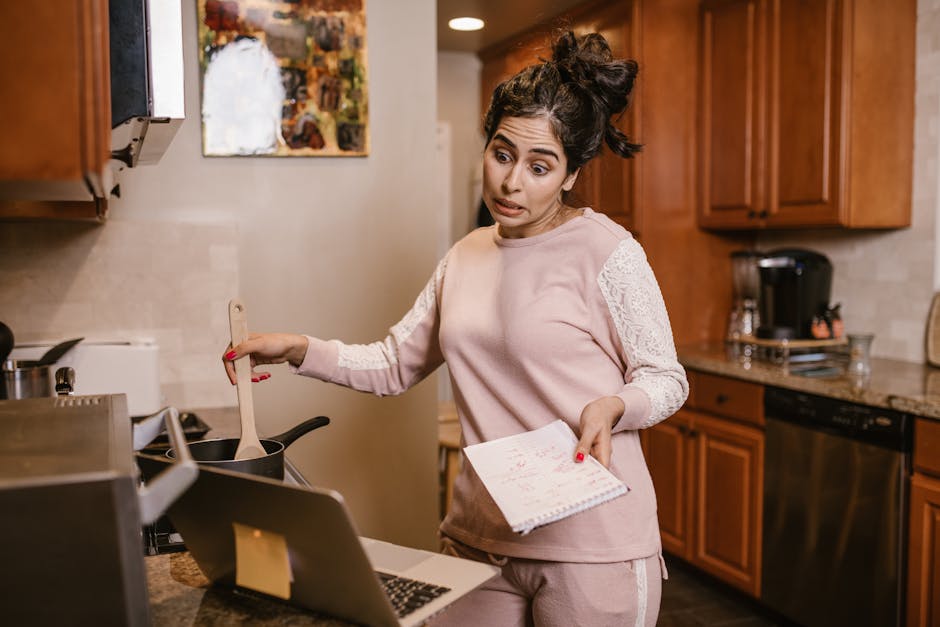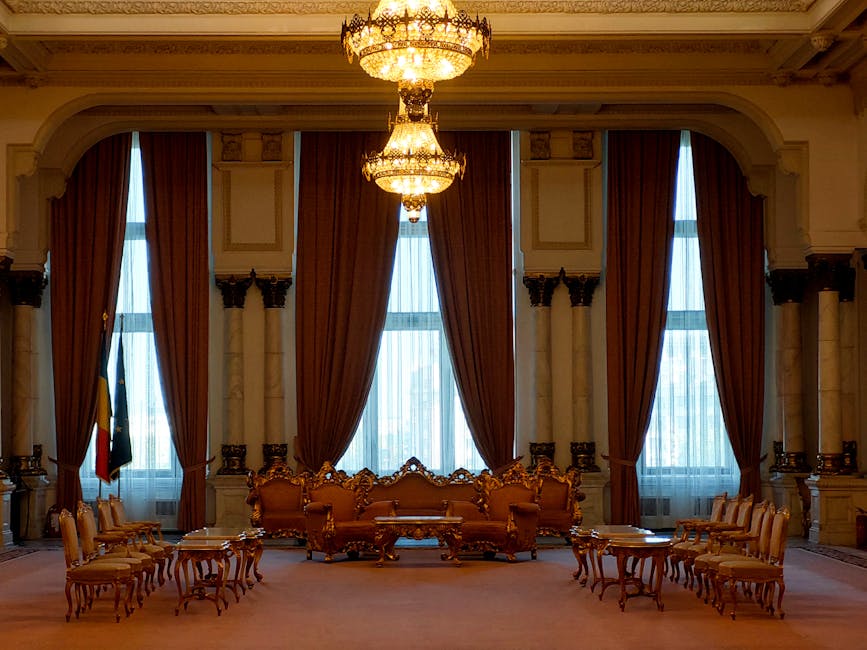Delhi’s Toxic Air Forces Hybrid Schooling—But at What Cost?
As Delhi’s Air Quality Index (AQI) consistently crosses hazardous levels, schools have adopted a hybrid learning model—alternating between online and offline classes to shield students from pollution. While the intent is noble, the execution has created a web of challenges, from spotty internet access to frantic schedule changes, leaving families in distress.
The Hybrid Learning Chaos
The Delhi government mandates online classes when AQI exceeds 400, but the shift is riddled with hurdles:
Students: Battling Connectivity & Stress
- No Wi-Fi, No Class: Many students, especially from low-income families, face unreliable internet. “My mobile data runs out before I can download assignments,” says Riya, a Class 10 student.
- Exam Anxiety: Board exam aspirants like Arjun (Class 12) struggle with fragmented learning: “Offline doubt-solving is irreplaceable.”
Teachers: Logistical Nightmares
- Last-Minute Switches: “We scramble to inform students when classes go online—many miss updates,” says Priya Malhotra, a South Delhi teacher.
- Split Engagement: Hybrid classrooms leave online students distracted while in-person learners dominate attention.
Parents: Juggling Work & Uncertainty
- Sudden Schedule Changes: “A 7 AM WhatsApp alert ruins my workday—who ensures my child logs in?” vents Sandeep Gupta, a Rohini parent.
- Device Shortages: “Three kids share one phone. How is this fair?” asks Shabana, a Seemapuri mother.
The Digital Divide Worsens
Hybrid learning magnifies inequality:
– 30% of govt school students lack smartphones (Delhi NGO survey).
– Private schools transition smoothly; underprivileged kids fall behind.
– “Education is becoming a privilege again,” warns activist Kavita Sharma.
Health vs. Education: No Easy Answers
Doctors highlight grim trade-offs:
– Toxic air risks: Pediatrician Dr. Rajeev Chawla notes, “Prolonged exposure causes respiratory harm.”
– Learning losses: Erratic schooling disrupts academic progress.
Solutions: Bridging Gaps & Cleaner Air
Experts propose:
1. Digital Equity: Free Wi-Fi zones and subsidized tablets for students.
2. Structured Hybrid Plans: Pre-announced schedules to avoid chaos.
3. Air Purifiers in Schools: Reduce closures by improving indoor air quality.
For now, Delhi’s families remain trapped between health risks and broken education—a crisis demanding urgent action.
What’s the fix? Share your thoughts below.




